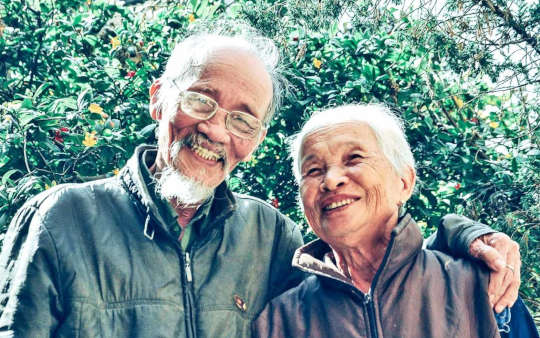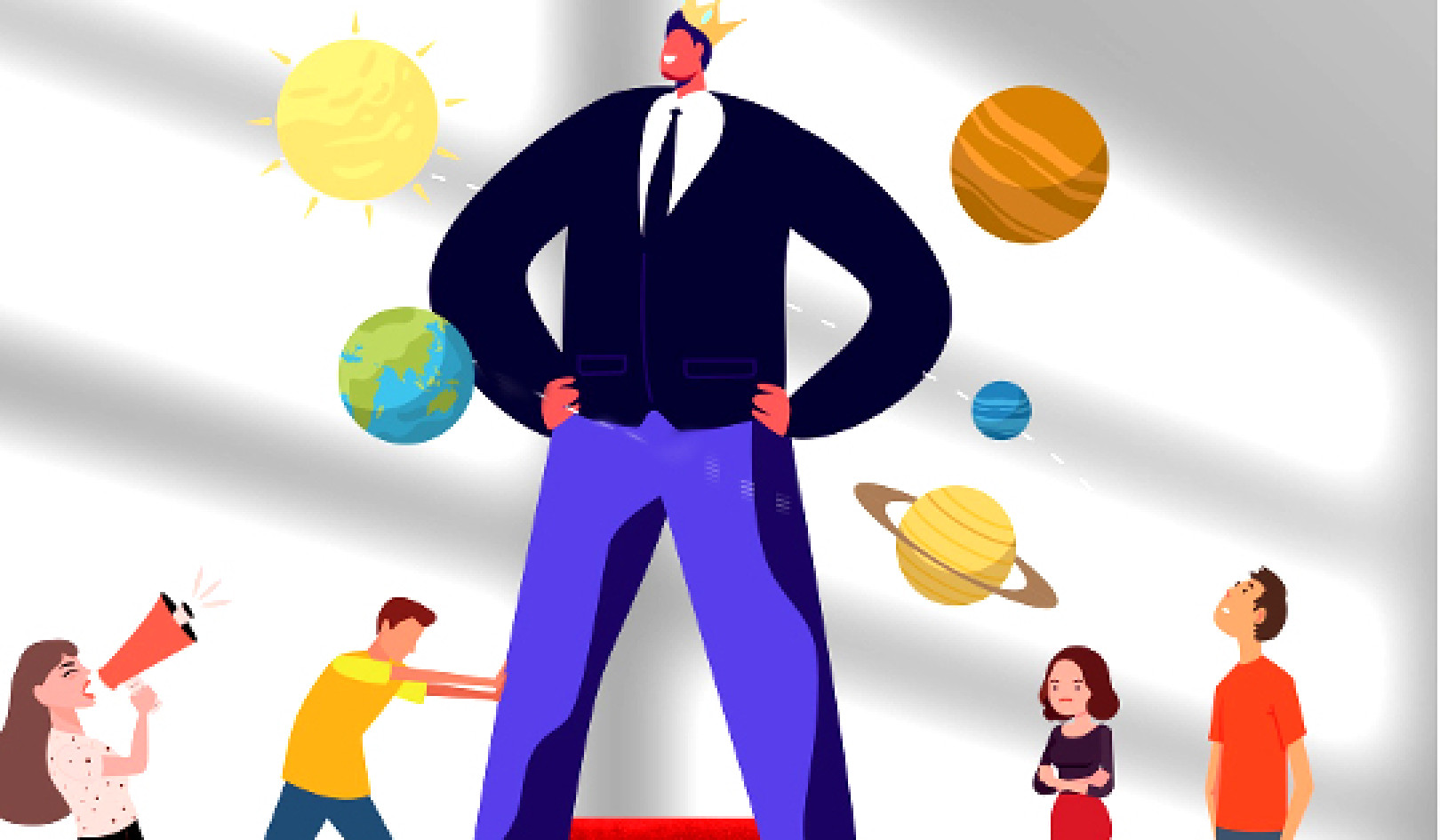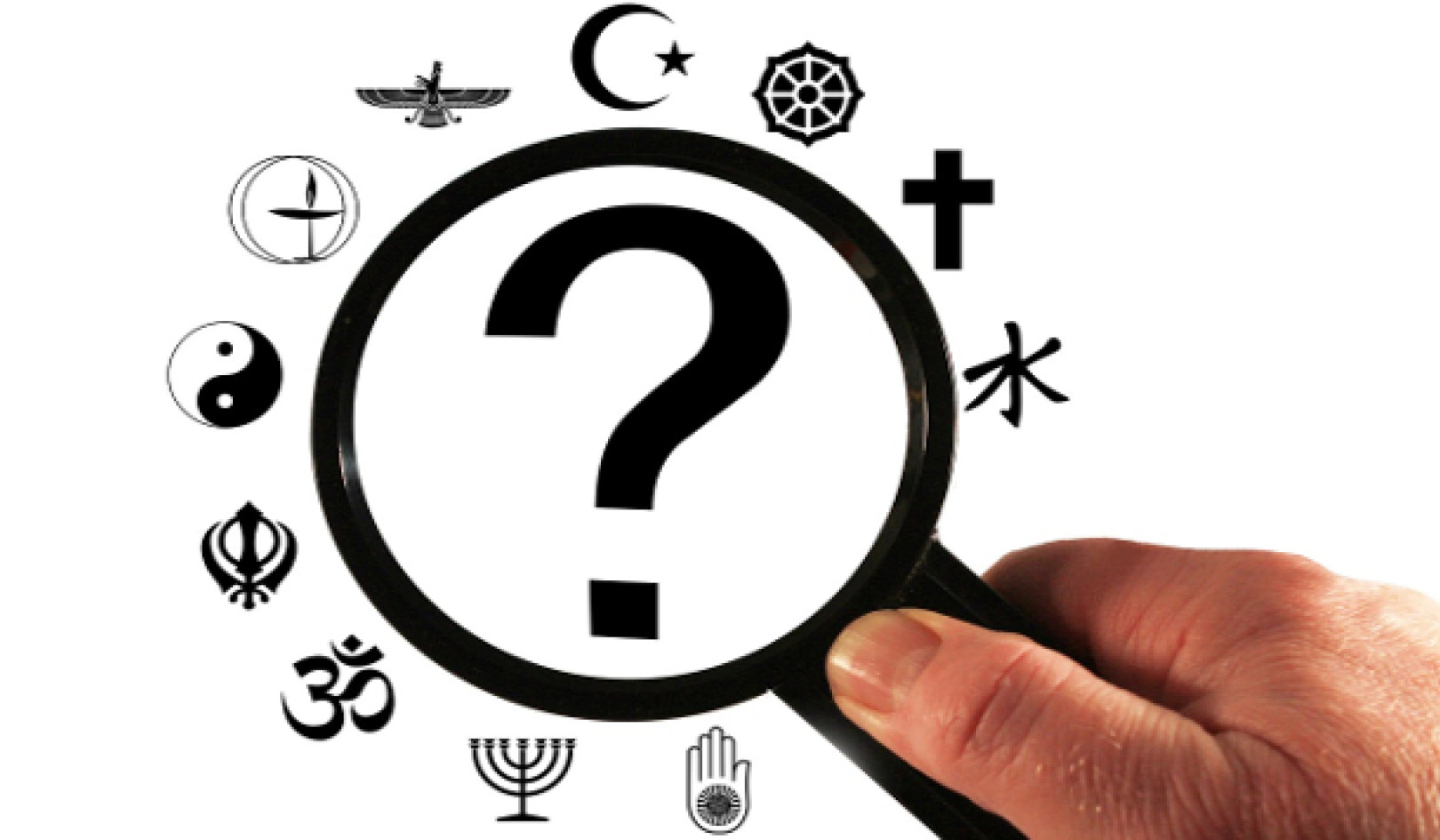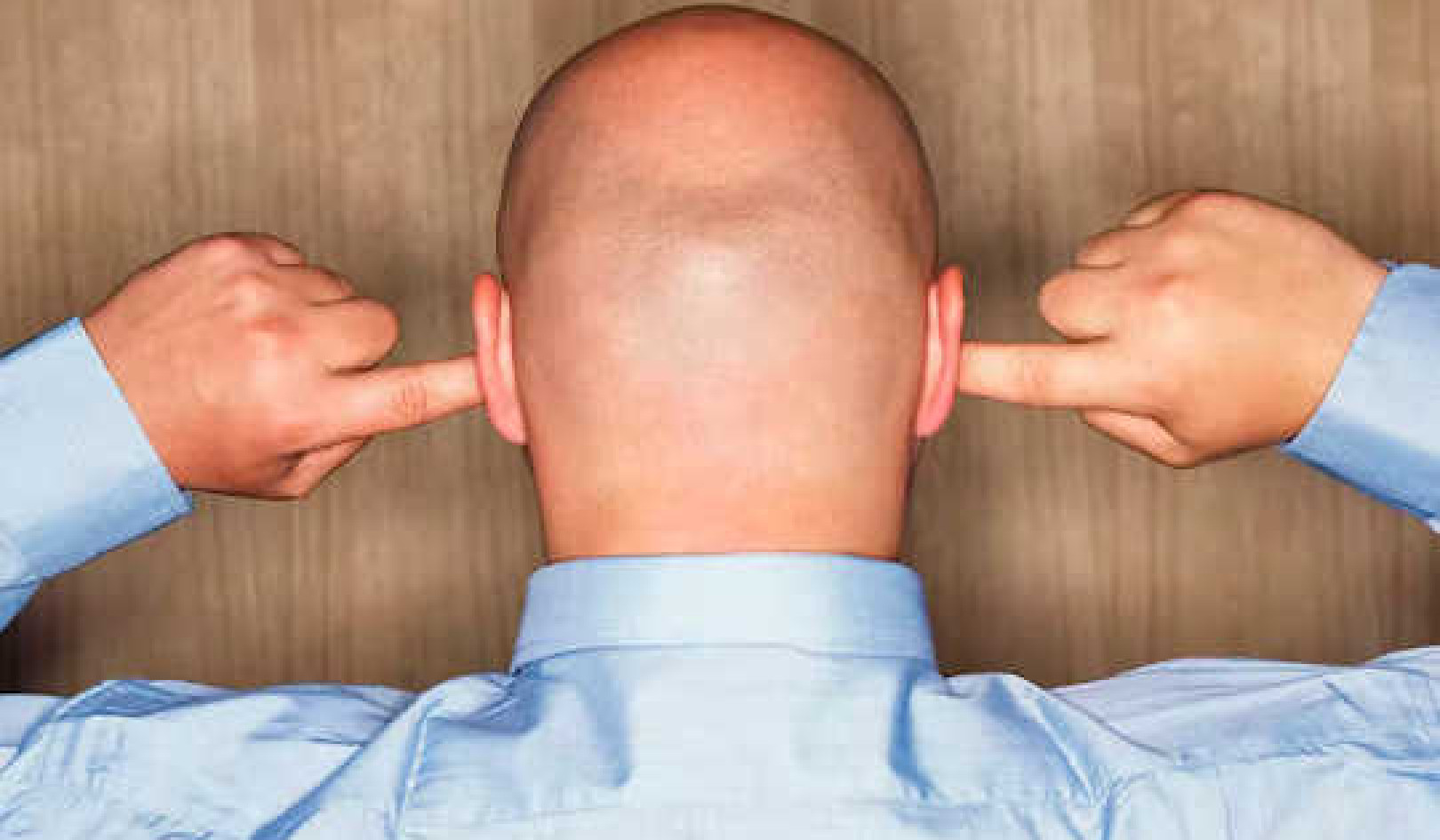
The disconnect between how old we feel and how old we want to be can offer insights into the relationship between our views on aging and our health, according to a new study.
Subjective age discordance (SAD)—the difference between how old you feel and how old you would like to be—is a fairly new concept in the psychology of aging. However, the work to this point has used SAD to look at longitudinal data and how people’s views on aging evolve over months or years.
“We wanted to see whether SAD could help us assess day-to-day changes in our views on aging, and how that may relate to our physical health and well-being,” says Shevaun Neupert, coauthor of the study and a professor of psychology at North Carolina State University.
How To Calculate Your SAD Score
SAD is determined by taking how old you feel, subtracting how old you would like to be, and then dividing it by your actual age. The higher the score, the more you feel older than you want to be.
For this study, researchers enrolled 116 adults aged 60-90 and 107 adults aged 18-36. Study participants filled out an online survey every day for eight days. The researchers designed the survey to assess how old participants felt each day, their ideal age, their positive and negative mood over the course of the day, any stresses they experienced, and any physical complaints, such as backaches or cold symptoms.
“We found that both older adults and younger adults experienced SAD,” Neupert says. “It was more pronounced in older adults, which makes sense. However, it fluctuated more from day to day in younger adults, which was interesting.”
“We think younger adults are getting pushed and pulled more,” says Jennifer Bellingtier, a researcher at Friedrich Schiller University Jena and first author of the paper in Psychology and Aging.
“Younger adults are concerned about negative stereotypes associated with aging, but may also be dealing with negative stereotypes associated with younger generations and wishing they had some of the privileges and status associated with being older.”
Two additional findings stood out.
How Your Mood Affects Your Well-being
“On days when the age you feel is closer to your ideal age, people tend to have a more positive mood,” Bellingtier says. “And, on average, people who have more health complaints also had higher SAD scores.”
Neither finding was surprising, but both show the value of the SAD concept as a tool for understanding people’s views on age and aging. It may also offer a new approach for the way we think about aging and its effects on health.
“Previous research has found that how old you feel can affect your physical and mental well-being, and interventions to address that have focused on trying to make people feel younger,” Neupert says.
“That approach is problematic, in that it effectively encourages ageism,” says Bellingtier. “Our findings in this study suggest that another approach to improving well-being would be to find ways to reduce this subjective age discordance. In other words, instead of telling people to feel young, we could help people by encouraging them to raise their ‘ideal’ age.”
Source: NC State
Related Books:
The Body Keeps the Score: Brain Mind and Body in the Healing of Trauma
by Bessel van der Kolk
This book explores the connections between trauma and physical and mental health, offering insights and strategies for healing and recovery.
Click for more info or to order
Breath: The New Science of a Lost Art
by James Nestor
This book explores the science and practice of breathing, offering insights and techniques for improving physical and mental health.
Click for more info or to order
The Plant Paradox: The Hidden Dangers in "Healthy" Foods That Cause Disease and Weight Gain
by Steven R. Gundry
This book explores the links between diet, health, and disease, offering insights and strategies for improving overall health and wellness.
Click for more info or to order
The Immunity Code: The New Paradigm for Real Health and Radical Anti-Aging
by Joel Greene
This book offers a new perspective on health and immunity, drawing on principles of epigenetics and offering insights and strategies for optimizing health and aging.
Click for more info or to order
The Complete Guide to Fasting: Heal Your Body Through Intermittent, Alternate-Day, and Extended Fasting
by Dr. Jason Fung and Jimmy Moore
This book explores the science and practice of fasting offering insights and strategies for improving overall health and wellness.
Click for more info or to order

























